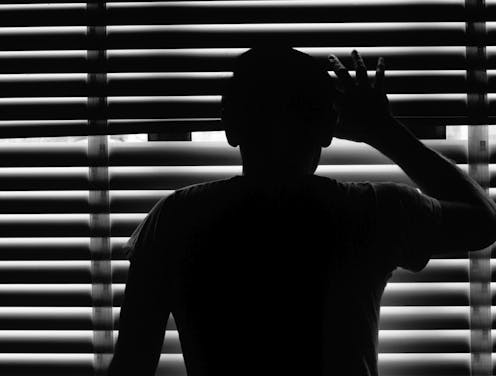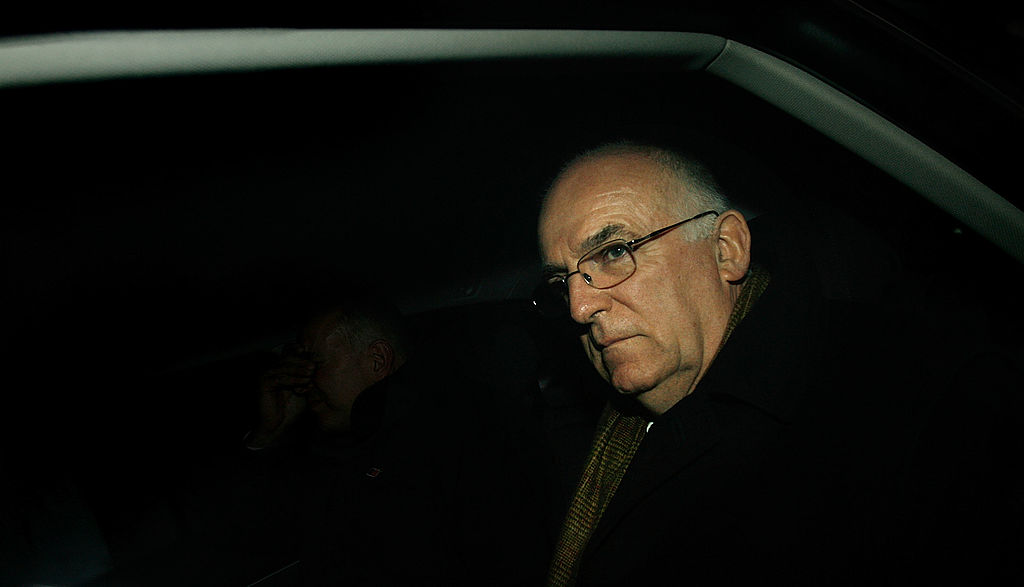
- Select a language for the TTS:
- UK English Female
- UK English Male
- US English Female
- US English Male
- Australian Female
- Australian Male
- Language selected: (auto detect) - EN
Play all audios:
Sunday evening on BBC 1 is dominated at present by Steve McQueen’s _Small Axe. _This film series of five loosely-linked but self-contained and highly cinematic dramas from the director of
_12 Years a Slave _is set around the West Indian community in London’s Notting Hill. The two that have been broadcast so far are important pieces of drama, powerful in their originality and
in the integrity and passion of the characters. This series, which was premiered at film festivals in New York and London, is also available internationally on Amazon Prime. It is in a
different league from the meagre offerings many of us are used to from the BBC when delicate subjects are touched upon. A familiar strain of political banality has continued to grace screens
across the country, where the desire to seem “refreshing” or “provocative” is hindered by the innate dullness and lack of ambition of the scripts. While British literary culture continues
to descend into political torpor, the BBC, which has far greater reach in this country, seems destined to fall into the same chasm which afflicts much of American culture. Productions must
either be, in the words of iPlayer, “binge-worthy”, essentially unpolitical and taking the role of the popular novel half a century ago, or “dramas”, which increasingly try to have some
social message behind their facade of entertainment. Bemoan the rise of Netflix _et al_ if you will, but it is little surprise that the drive for easy enjoyment gains so many more viewers
than the BBC output, which pursues such endless search for meaning. Yet the latest offering from the BBC shows that television can begin to hold the status which snobs like me usually give
to the literary novel alone. _Small Axe_ shows this: McQueen tackles a subject neglected in modern British history and brings it alive. Vociferous and vituperative as this series may be, it
manages both to attack the viewers and then entrance us by the brilliance of the acting and cinematography. _Small Axe_ begins during the latter part of the 1960s. The first film,
_Mangrove_, is a depiction of the struggles of Frank Crichlow (Shaun Parkes) and his renowned Notting Hill restaurant, as he and his community struggle against the violence and intimidation
of white policemen. McQueen’s vivid depiction of the struggles of Crichlow to keep his business going amid seemingly unfettered police power culminates in a peaceful protest against the
worst excesses of the police. This leads to further acrimony and a widely publicised court case, with the bitterly racist PC Frank Pulley (Sam Spruell) continuing his campaign against
Crichlow and his restaurant. Despite the danger of cliché lurking behind every turn of the plot, McQueen nevertheless maintains a sense of the entrenched injustice of his setting, powerfully
contrasting the joviality of the restaurant customers with the ignominious tendentiousness of the courts or the squalidity of the police. Perhaps too often, Parkes’s Crichlow sinks into
silent thought, despite occasional outbursts at each new onslaught, leaving the viewer merely to ponder his pain. The courtroom drama, closely based on fact, is compulsive yet excruciating
viewing for anyone proud of British justice. The second film, _Lovers Rock, _depicts an early 1970s house party, where the intoxicating effect of the then novel reggae music seems to cast a
spell over the young black people, as they dance to the tunes of an enthusiastic DJ and his sound system. Nothing much happens, with the music of Janet Kay playing for what feels like hours
upon end in a drug-infused reverie. We get to know the self-effacing Martha (Amarah-Jae St Aubyn), who does all the usual house party stuff yet manages to simultaneously chat up one of the
men hanging around, while also leaving her friend (Shaniqua Okwo) to the whims of others. This simplicity and lack of action seems beguiling; the scenes of couples flopping over each other
to the latest tunes seem to fill the time without displaying much beyond the effects of alcohol on human dignity. There are hints of racism in the streets outside, which still threatens the
Afro-Caribbean community. The sadness and bland resignation on the faces of the dancers implies that such escapes into music were a release from daily discrimination. The camera seems to
hold them all in a trance, with characters speaking little: the screen speaks all the words for us. Indeed, the cinematography is astoundingly good. Atmosphere is vital to this kind of
drama, and the effect is almost hallucinatory. The cramped rooms of the house are shaped by the swirling cameras, the multifarious colours and the almost ever-present sense of rhythm coming
from the music. Impressive in affectation, yet poor in substance, the increasingly strangulated movements of the characters wearies the effect. It is hard to know whether there is something
else going on, and it certainly feels too long; only the brilliance of its look keeps a viewer engaged. Yet this is powerful television, and a production worthy of its empowering subject.
McQueen’s creation reveals an originality lacking in much of what we watch today. As well as bringing humanity to a largely forgotten story, there is cinematic courage in the silent heroism
of these characters. A MESSAGE FROM THEARTICLE _We are the only publication that’s committed to covering every angle. We have an important contribution to make, one that’s needed now more
than ever, and we need your help to continue publishing throughout the pandemic. So please, make a donation._









